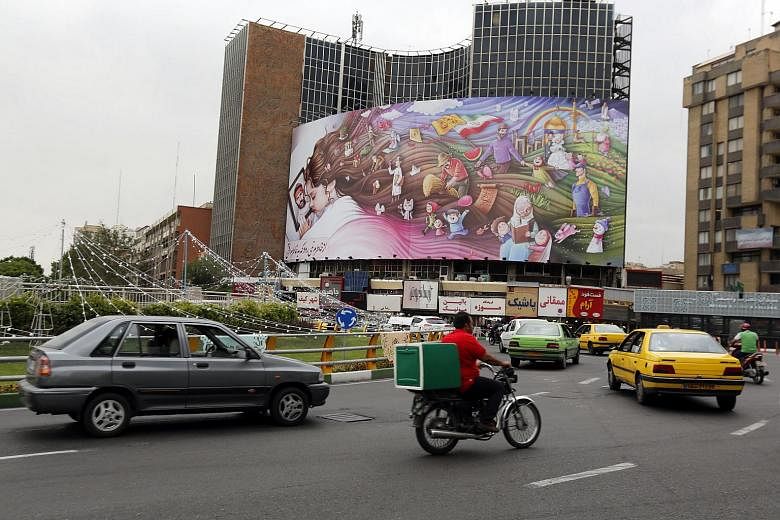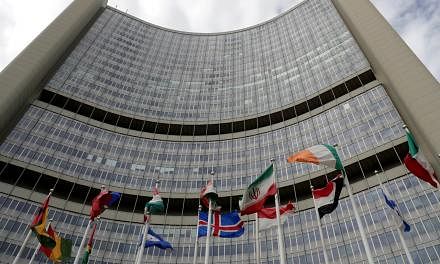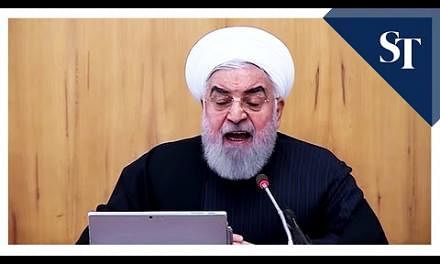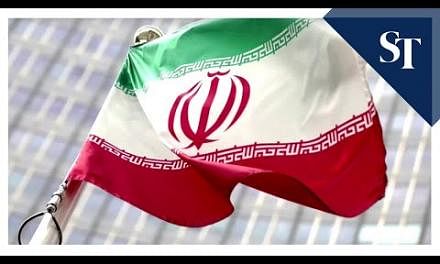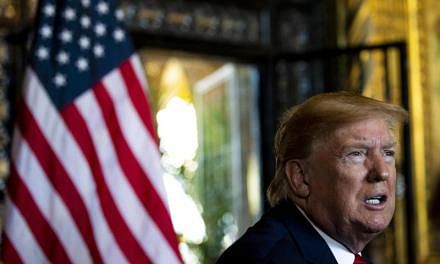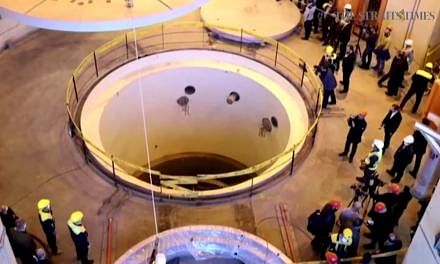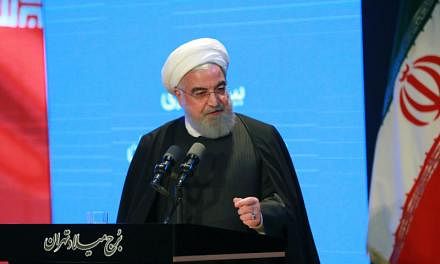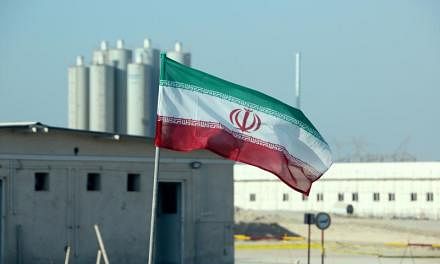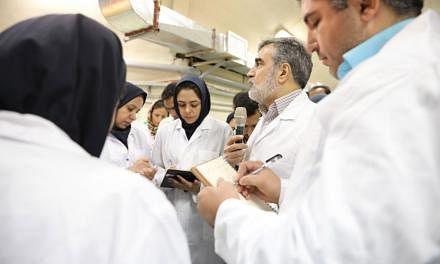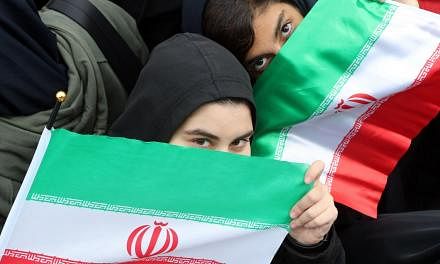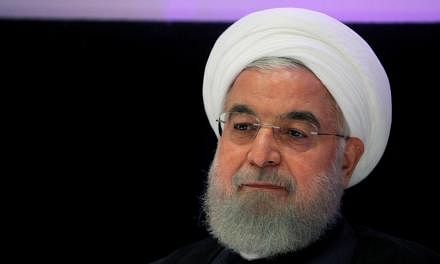BEIRUT • If US President Donald Trump withdraws from the Iran nuclear deal, Iran could retaliate by undermining the interests of Washington and its allies in the Middle East.
Here are some possible scenarios:
IRAQ
When the Islamic State in Iraq and Syria terror group seized much of Iraq in 2014, Iran was quick to support Baghdad. Iran has since helped arm and train thousands of Shi'ite fighters in Iraq. These Popular Mobilisation Forces (PMF) are also a significant political force.
If the deal falls through, Iran could encourage factions of the PMF who want the US to leave Iraq to step up rhetorical, and maybe military, attacks against US forces.
SYRIA
Iran and paramilitary allies such as Lebanon's Hizbollah have been involved in Syria's war since 2012. Iran has armed and trained thousands of Shi'ite paramilitary fighters to shore up the government.
Iran's presence in Syria has brought Teheran into direct conflict with Israel for the first time, with a series of high-profile clashes in recent months.
Israeli officials say they will never let Teheran or Hizbollah establish a permanent military presence in neighbouring Syria.
If the nuclear deal falls through, Iran will have little incentive to stop its Shi'ite militia allies in Syria from carrying out attacks against Israel.
LEBANON
In 2006, Hizbollah fought Israel to a standstill in a 34-day border war.
According to Israeli and United States officials, Iran is now helping Hizbollah build factories to manufacture precision-guided missiles or refit longer-range missiles with precision guidance systems.
Israeli forces have repeatedly attacked Hizbollah in Syria, where the group is leading many of Iran's Shi'ite militia allies.
The rhetoric between Israel and Iran has ramped up in recent weeks. Though Hizbollah and Israel say they are not interested in conflict, the tensions could easily spill over into another war in Lebanon.
Hizbollah and its political allies won just over half the seats in Lebanon's parliamentary election, unofficial results showed on Monday. For the moment, the group is working with its political opponents, notably Prime Minister Saad al-Hariri, who is backed by Western governments.
But if the nuclear deal falls through, Iran could pressure Hizbollah to isolate its opponents, a development experts believe could destabilise Lebanon.
YEMEN
Iran has never acknowledged direct military involvement in Yemen. But US and Saudi officials say it is supplying rebel Houthi fighters with missiles and other arms. The Houthis have fired missiles at Riyadh and Saudi oil facilities, saying they are retaliating against air raids on Yemen.
Iran and Saudi Arabia are locked in a regional power struggle. Supporters of the Iran nuclear deal say it has prevented the conflict from descending into open warfare. If the deal falls through, Iran could increase support for the Houthis, possibly provoking a military response from Saudi Arabia and Gulf allies such as the United Arab Emirates.
NUCLEAR TREATY
Iran also has options directly related to its nuclear programme. Iranian officials have said that one option they are examining is to withdraw completely from the Non-Proliferation Treaty (NPT), an agreement designed to stop the spread of nuclear weapons. Supreme Leader Ayatollah Ali Khamenei says the country is not interested in developing nuclear weapons. But if Iran withdraws from the NPT, it will set off alarm bells globally.
Even if Iran does not withdraw from the NPT, it has indicated that it will probably ramp up enrichment of uranium, strictly limited under the deal to help allay fears it could be used to produce atomic bomb material. Iran's actions may be influenced by the extent to which the other signatories to the deal respond to US withdrawal, according to analysts.
That will depend on: the extent to which France, Germany and Britain insist that their companies can continue to do business with Iran under what is an international agreement ratified unanimously by the UN Security Council; the level of diplomatic support for Iran from Russia, its partner in Syria; and how much China wishes to bind Iran into its Belt and Road foreign trade and investment initiative.
